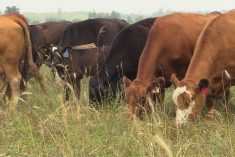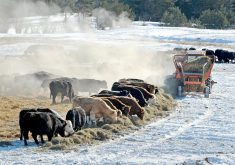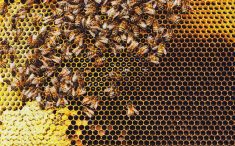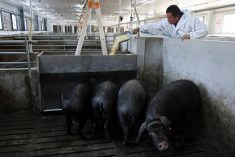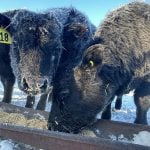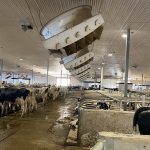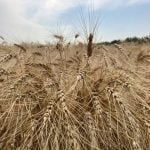“Cougar-livestock interactions” in southwestern Saskatchewan’s Cypress Hills will be among the data gathered in a study of the region’s cougar population by the province’s environment ministry.
The study, announced Tuesday, is considered an extension of one conducted by the University of Alberta in that province’s part of the Cypress Hills region over the past several years.
“Preliminary results from the Alberta study are already being used to provide information to ranchers concerned about the potential impact cougars may have on their operations,” the Saskatchewan environment ministry said in its release.
Read Also
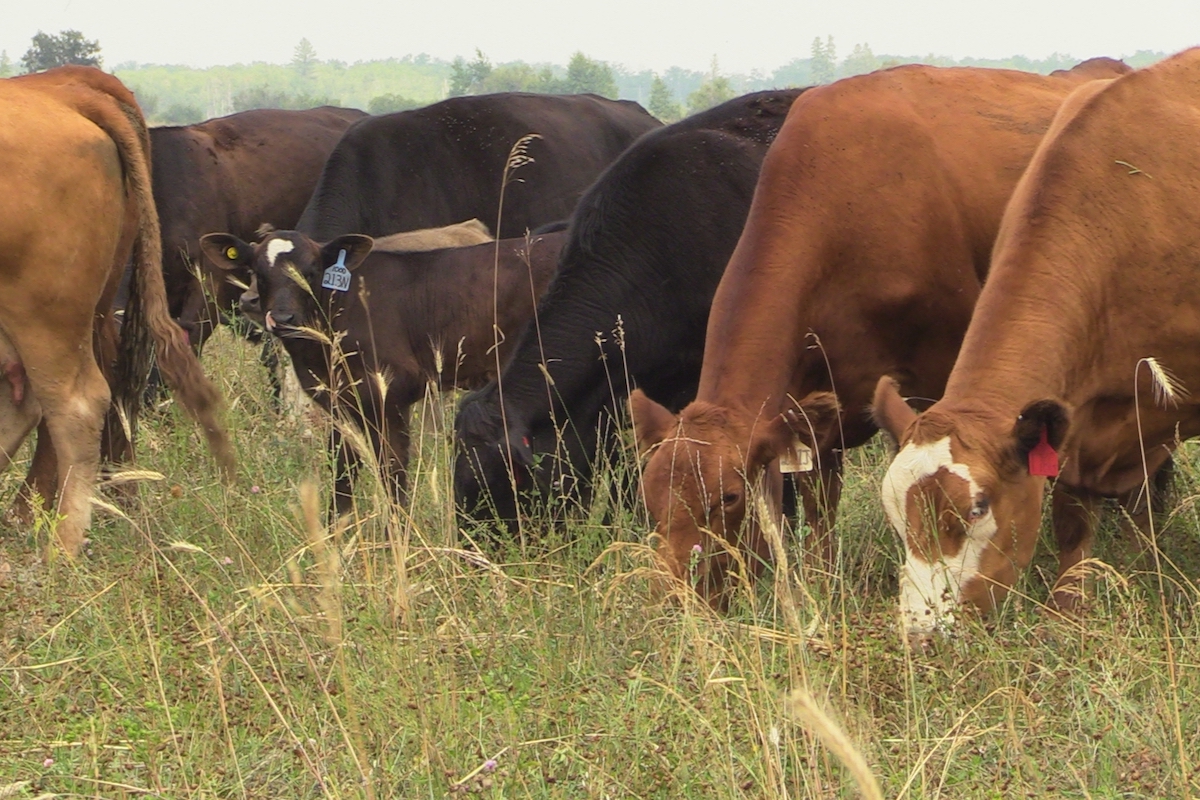
Beef industry weighs in on AAFC research cuts
The Canadian Cattle Association and Beef Cattle Research Council said cuts to federal research centres and programs will have long-term debilitating consequences for the beef industry.
Saskatchewan’s study is meant to provide important information about the density of the cougar population, help the ministry develop a management plan for cougars and gather data on “cougar-livestock interactions,” the government said.
Cypress Hills Interprovincial Park, which straddles the Alberta/Saskatchewan border south of Highway 1, is considered “perfect habitat” for cougars and has a high population of cougars’ principal food source, white-tailed deer.
The province noted that preliminary work has already begun on the study, which is expected to run until March 2012.
Already some cougars wearing radio-locator collars were recaptured and examined, and a previously-uncollared female cougar was captured Feb. 15 in the park’s Centre Block area, the province said.


